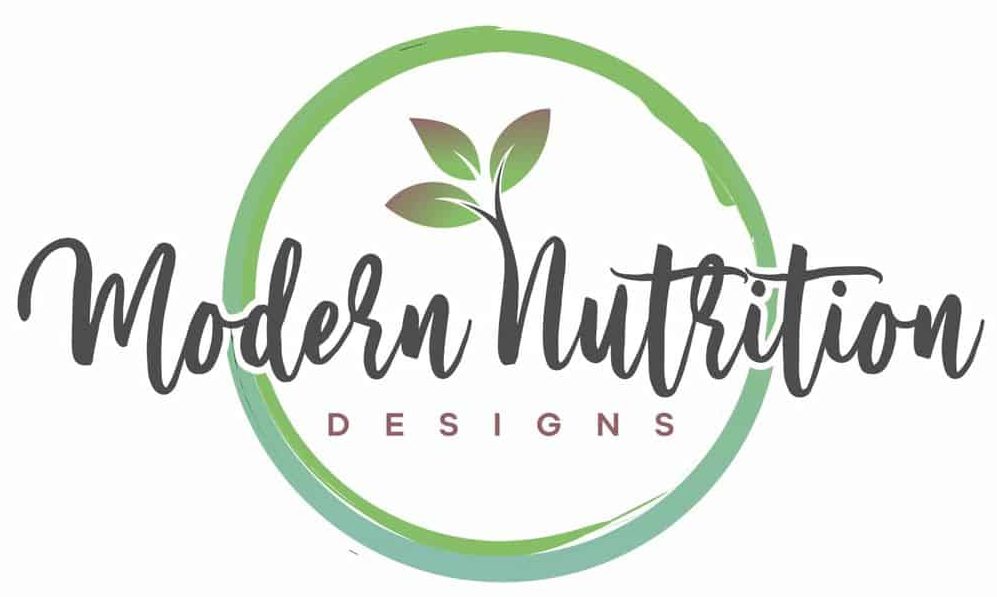Oil has become ubiquitous in our diet. Many people consume this substance regularly believing it to be beneficial to their health. It has become rather difficult to weave through the sea of misinformation created by the food industry’s marketing campaigns. I spent some time investigating which fats are truly healthy and which ones are simply sold as “healthy”.
Oil appears to be one of the most detrimental aspects of our diet. It provides nearly zero nutrition while keeping us sick and over-weight. Olive, coconut, and fish oils are no exception. All oils undermine our health and well-being when consumed regularly.
Don’t take my word for it. Let’s review the research on the impact oils have on our health.
In this article we will discuss the following topics:
- Edible Oils are stripped of their nutrients during processing
- Oil promotes weight gain
- Dietary oil does not protect against heart disease
- Carcinogenic effects of heated oils
- How to cook oil-free
1. Edible oils are stripped of their nutrients during processing
Think about it, really. What is oil?
Oil is what is left over when you strip most of the nutrients from a natural food substance. For example, take an olive. A whole olive is perfectly healthy. But when food processing extracts the fiber, water, antioxidants, phytochemicals, protein, carbohydrates, vitamins, minerals, and other micronutrients from the olive you are left with olive oil.

I included the nutrition facts label shown above from an “Extra virgin” olive oil bottle to impress the fact that no matter what you call it, it’s still relatively the same substance. It still contains the same relative amounts of nutrients (or lack thereof in this case). There is very little difference between olive oil, virgin olive oil, extra virgin olive oil, coconut oil, etc.
Oil is solid fat with perhaps a minute amount of vitamin E. It is literally liquid fat. And we pour it on EVERYTHING from vegetables to bread.
I’m sure you can imagine the outcome of a country that consumes this liquid fat several times a day, each and every day. It is not long before you wind up with an obesity epidemic.
2.Oil promotes weight gain
Oil is the most nutrient-dense food on the planet. All oils contain roughly 120 calories per tablespoon. One-quarter cup has 500 calories! There are no magical properties in oil that allow you to eat pure fat without gaining weight.
Dr. Joel Fuhrman explains it best, “When fats are ingested in the form of extracted oils, they are rapidly and efficiently absorbed by the body and immediately converted into body fat.” On the flip side, when the same fats are eaten in whole foods, such as seeds, nuts, and avocado, their absorption would be much slower, over hours, not minutes. Ultimately, these fats would be mostly burned for our energy needs and not stored.
Furthermore, Dr. Fuhrman clarifies how, “the fibers, sterols, and stanols in the seeds and nuts would bind some of the fat in the digestive tract, like a sponge, limiting the amount of fat absorbed by the body.” So even though nuts can be upwards of 200 calories per handful with most of those calories coming from fat, our bodies only absorb a fraction of those calories and excrete the rest.
When you remove those healthful substances, i.e. fiber, sterols, and stanols from the walnut, for instance, you are left with readily absorbable walnut oil. From these calories, your body may likely store all of them while extracting none.
Industry-funded confusion about the impact dietary oils have on our waistline
Consumers love to hear good news about their bad habits. The food industries take full advantage of this unfortunate phenomenon. This is especially apparent when searching for credible information about dietary oils and their purported health benefits.
Many studies funded by the olive oil industry actually recommend using olive oil as a weight loss regimen! In fact, weight-watchers uses this strategy in their weight loss program.
Dr. Fuhrman reports, “They [weight-watchers] encourage two teaspoons of “healthy oil” daily rather than whole foods that contain fats like seeds and nuts. There is no such thing as a “healthy oil” – all oils are 100 percent fat with little or no micronutrient value. This recommendation simply adds empty calories.”

3.Dietary oil does not protect against heart disease
Wait, I thought olive oil is a “heart-healthy” food? How can it be linked with atherosclerosis and heart disease?
Dr. Esselstyn, a heart surgeon and director at the Cleveland Clinic, has done extensive research on how processed oils promote cardiovascular injury. He has also proven how the removal of such oils, along with the implementation of a plant-based diet can arrest and even reverse heart disease!
In a recent review of animal and human studies, scientists compared monounsaturated, polyunsaturated, and saturated fats in palm, canola, olive, and soybean oil. The objective was to test the degree of endothelial (vascular lining) impairment following ingestion.
The experiment outcome showed all oils resulted in an endothelial impairment of 31% and an increase in triglycerides. Canola oil proved to be the least harmful, while the olive oil resulted in the greatest disease progression among study subjects.
Dr. Caldwell Esselstyn illustrates how, “the converging lines of evidence indicate consumption of processed oils whether monounsaturated, polyunsaturated, or saturated contribute to endothelial dysfunction and atherosclerosis.
The table below exhibits the monounsaturated, polyunsaturated, and saturated fat ratio found in some of the most common oils used around the world. Although dietary oil industries would like us to believe that some oils are healthier than others due to their varying fat ratios, the bottom line is they have all been shown to damage vascular health.

For a more in-depth look at the different properties of fat and where they can be found in foods click here to view my article titled The Healthiest Plant-based Fat sources & Their Benefits.
4.Carcinogenic effects of heated oils
It has become so commonplace to heat oil with our foods during cooking and regular meal preparation strategies. We never stop to think about the health implications of our cooking styles. Very few people are aware of the “caution” statement listed on some bottled oils expressing the dangers of introducing the substance to high temperatures.
Reheating oils, as well as heating oils for extended durations, appear to be most harmful. “When oils are subject to heat, the chemical structure of the essential fatty acids are changed to toxic derivatives known as lipid peroxides and other toxic and potentially cancer-causing by-products.” Joel Fuhrman, MD
A review article states, ” Repeated heating of the oil accelerates oxidative degradation of lipids, forming hazardous reactive oxygen species and depleting the natural antioxidant contents of the cooking oil. Long-term ingestion of foods prepared using reheated oil could severely compromise one’s antioxidant defense network, leading to pathologies such as hypertension, diabetes and vascular inflammation.”
Just imagine how many times that oil has been reused to make your french fries, fried fish, or hot wings at your local restaurant or fast food joint. These foods will put tremendous levels of oxidative stress on your tissues leading to inflammation and degeneration.
Watch this short video below to get a better perspective on the effects of cooking with edible oils.
Cooking without oil is easy and satisfying
Simply use water in place of oil whenever roasting, sauteing or using any other form of cooking where you may typically use oil. It takes a short while to adjust, but after a few days or weeks, you will grow fully accustomed to this new method.
Unlike oil, water evaporates so you will need to continuously add a bit of oil during each cooking session. This is particularly true for sauteing. Just add a tablespoon or so of water when you notice the food beginning to stick to the pan.
Using oil in your cooking overpowers a lot of the natural flavors originating from the other foods. By removing the oil you will be able to fully enjoy and experience your meal. You will also do this with about 120 to 360 fewer calories from fat that would normally be obtained from the use of cooking oil. Water, as I am sure you know, is a whopping zero calories.
Highlights on the effects of ingesting edible oils
- Oil is a highly processed food. During the food processing the majority of healthful nutrients, such as the fiber, water, protein, carbohydrates, vitamins, minerals, antioxidants, and phytochemicals are removed. All you are left with is the highly concentrated fat molecules.
- Oil promotes weight gain. It is the most nutrient-dense food on the planet. We only require a minimal amount of added fats from our diet to carry out regular metabolic processes.
- The fats found in all oils have been shown to cause vascular endothelial damage that can usually be reversed when oil and other high-fatty foods are removed from the diet.
- Heating oils at high temperatures during cooking can cause harmful carcinogenic effects on our tissues. Using water as an alternative during sauteing, roasting, and other cooking styles is a much healthier approach.
Karli Jackson

